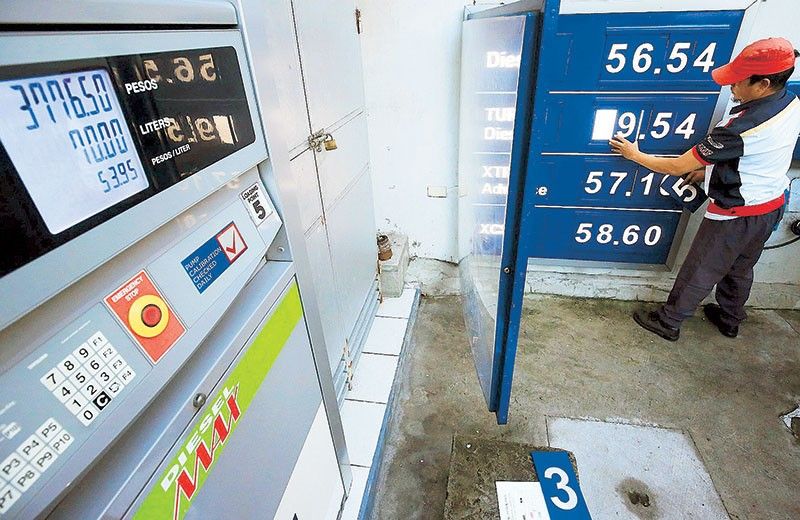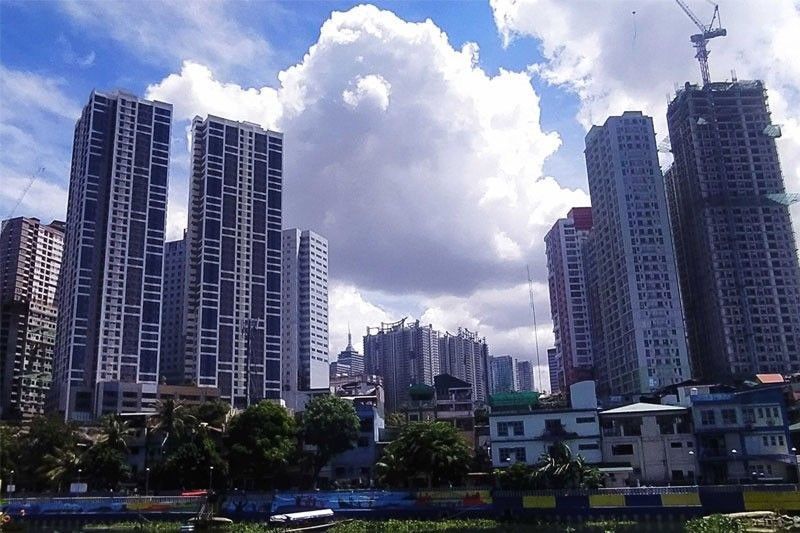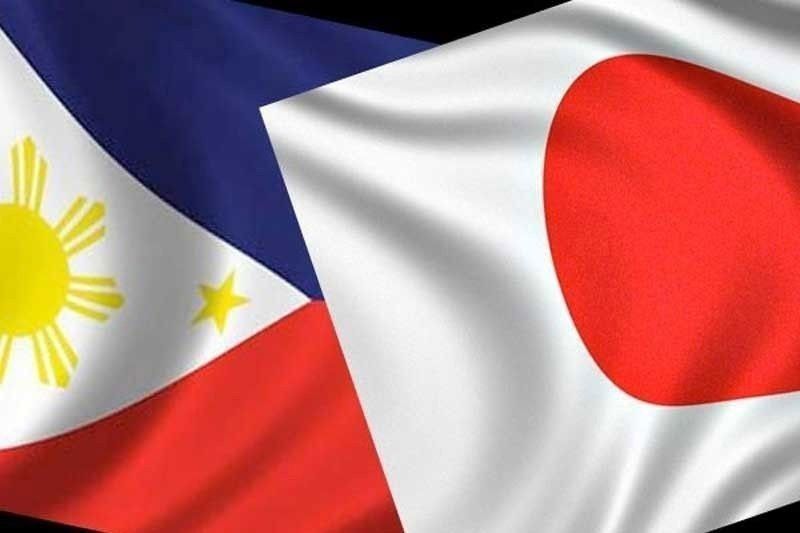
Upgrade to High-Speed Internet for only ₱1499/month!
Enjoy up to 100 Mbps fiber broadband, perfect for browsing, streaming, and gaming.
Visit Suniway.ph to learn
MANILA, Philippines — The Department of Education (DepEd) is ramping up efforts to strengthen foundational learning from Kindergarten to Grade 3 as part of its strategy to address the country’s learning crisis.
Education Assistant Secretary for Strategic Management Roger Masapol, in a dZMM interview yesterday, said the department acknowledges the United Nations Children’s Fund (UNICEF)’s warning of a “real and widespread learning crisis” in the Philippines, following recent assessments showing students falling behind in reading and mathematics.
“We saw the results of the international large-scale assessment like PISA (Programme for International Student Assessment) and SEA-PLM (Southeast Asia Primary Learning Metrics). There is a real problem with literacy, especially in our early graders, the Kinder to Grade 3. This is being addressed by Secretary (Sonny Angara) and the entire department to improve the literacy of our students,” Masapol said.
Citing data from a 2019 study, UNICEF Education chief Akihiro Fushimi said that 90 percent of Grade 5 Filipino students are unable to read at their expected level, and 83 percent continue to struggle with basic math skills.
Masapol said interventions will be concentrated on Key Stage 1 (Kinder to Grade 3) and will be supported by increased budget allocations.
“With the help of our President, we will focus on foundational learning, meaning from Early Childhood Care and Development (ECCD) to Grade 3, will center our interventions and we will increase our budget on key stage 1, the K to 3 (Kinder to Grade 3) basic education,” he said.
Foundational learning also includes early nutrition, particularly in the first 1,000 days of life, starting from pregnancy.
“The performance of our children starts with their nutrition. From the first 1,000 days, we need to provide early nutritional intervention starting from pregnancy. The mother should be monitored from her pregnancy until the ECCD of a child,” Masapol noted.
He added that school feeding programs implemented by the Department of Health, National Nutrition Council, Department of Social Welfare and Development and DepEd aim to address these needs.
The Academic Recovery and Accessible Learning (ARAL) program, mandated by Republic Act 120028, also begins this school year “to address deficiencies in literacy.”
The ARAL program offers free tutorials for students with learning gaps. Based on DepEd’s rapid assessment, around three million out of the 24 million enrolled students are struggling with functional literacy.
“These are the students with literacy problems. We will provide intervention. We also revised our curriculum and lessened the subjects and increased our teachers,” he added.
To support these efforts, the DepEd is hiring 20,000 additional teachers and 10,000 non-teaching staff to allow educators to concentrate on instructional delivery.
Masapol also confirmed that the Department of Budget and Management has restored DepEd’s digitalization budget in the proposed 2026 National Expenditure Program.
“The budget for digitalization is included in the National Expenditure Program. The government of President Marcos and under the leadership of Secretary Angara also plan to tap the private sector through the public-private partnership,” he said.
Impact rankings
Meanwhile, in higher education, a recent global ranking brought recognition to the country’s universities for their growing commitment to sustainable development.
A total of 113 Philippine universities and colleges have been included in the 2025 Times Higher Education (THE) Impact Rankings, marking a significant increase from last year’s count.
Praising the schools, newly appointed Commission on Higher Education (CHED) chairperson Shirley Agrupis said: “This global recognition reflects the sector’s deepening commitment to the UN Sustainable Development Goals through research, innovation and community impact.”
The rankings, released on June 18, assessed 2,526 universities from 130 countries and territories based on their progress toward the United Nations’ Sustainable Development Goals (SDGs).
Western Sydney University in Australia topped the list for the fourth consecutive year.
Ateneo de Manila University ranked in the 101–200 bracket, while Batangas State University, Isabela State University and the University of the Philippines were listed in the 401–600 range.
Other institutions such as Caraga State University-Ampayon Campus, Ifugao State University, Leyte Normal University, Mariano Marcos State University, Saint Louis University and the University of Santo Tomas fell within the 601–800 bracket.
Meanwhile, Benguet State University, Bukidnon State University, Central Bicol State University of Agriculture, Central Luzon State University, De La Salle University, Kalinga State University, Mapúa University, Mindanao State University-Iligan Institute of Technology, Mountain Province State Polytechnic College and Southern Luzon State University were ranked between 801 and 1000.
Universities listed in the 1001-1500 bracket include the University of Rizal System, University of San Carlos, University of Science and Technology of Southern Philippines, University of the Cordilleras and Visayas State University.
Among emerging economies, Indonesia’s Universitas Airlangga stood out as the highest-ranked institution, securing the ninth spot globally.
The report also highlighted that Asian universities now dominate the rankings, taking more than half of all listed positions.
Ten of the 17 individual SDG categories are now led by Asian institutions. This year’s edition saw the debut of universities from eight countries and territories –Botswana, Burkina Faso, El Salvador, Estonia, Maldives, Namibia, Papua New Guinea and Senegal.
According to THE, top-performing institutions were those that excelled in addressing urgent global challenges, including environmental sustainability, social inclusion, economic growth and partnerships.

 3 days ago
2
3 days ago
2



